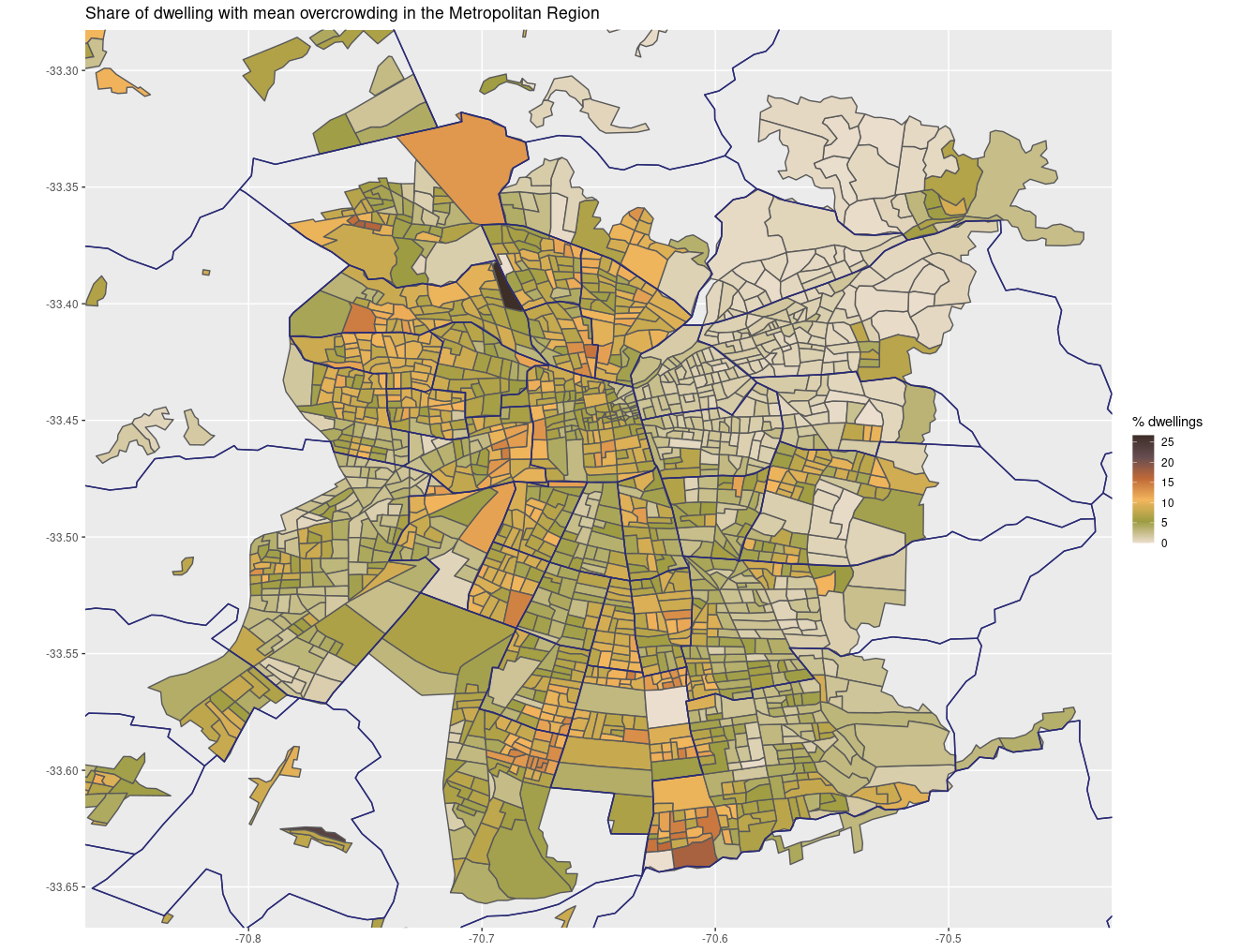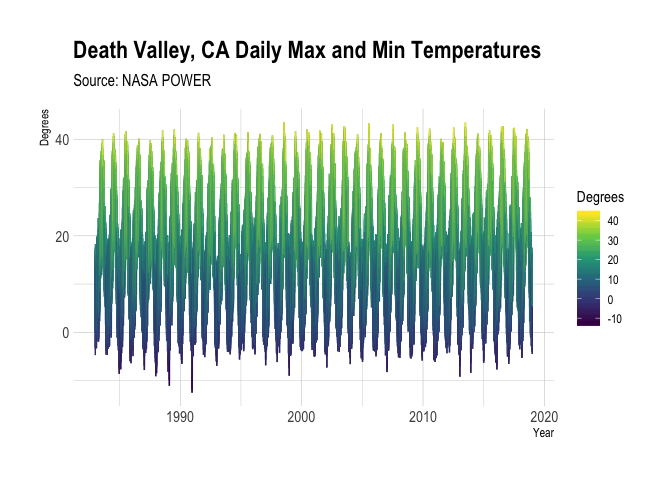Summary This post is about the surprising uses I’ve noticed and the questionsabout the censo2017 R package, a tool foraccessing the Chilean census 2017 data, I’ve gotten since it was peer-reviewedthrough rOpenSci one year ago.
Rogue Scholar Beiträge

Summary censo2017 is an R package designed toorganize the Redatam 1 filesprovided by the Chilean National Bureau of Statistics (Instituto Nacional deEstadísticas de Chile in spanish) in DVD format 2 . This package was inspiredby citesdb(Noam Ross, 2020) and taxadb(Carl Boettiger et al, 2021).This post is about thispackage, the problem it solves, how to use it, and the fact that the package andits review process were all

terrainr version 0.4.0 is now on CRAN! This version is a relatively minor updatethat shouldn’t impact most workflows, but makes some changes to improve thelogic and consistency of the package. The rest of this post runs through thechanges you can expect if you update.packages any time soon!What’s a terrainr? terrainr is an R package for theretrieval and visualization of spatial data.
osfr provides a ( hopefully ) convenient R interface to OSF (Open Science Framework, https://www.osf.io), a free service for managing research developed by the Center for Open Science (COS). osfr completed its rOpenSci peer-review earlier this year and has been available on CRAN since February.

The COVID-19 pandemic has dramatically impacted all of our lives in a very short period of time.Spring and summer are usually very busy as students prepare to go the field to engage in various data collection efforts.The pandemic has also disrupted these carefully planned activities as travel is suspended and local and remote field stations have closed indefinitely.A lost field season can be a major setback for a dissertation timeline and
Dealing with taxonomic inconsistencies within and across datasets is a fundamental challenge of ecology and evolutionary biology. Accounting for species synonyms, taxa splitting and unification is especially important as aggregation of data across time and different data sources becomes increasingly common.

The United States Deparment of Agriculture National AgriculturalStatistics Service (USDA-NASS) provides a wide range of agriculturaldata that includes animal, crop, demographic, economic, andenvironmental measures across a number of geographies and time periods.This data is available by direct download or queriable via theQuick Stats interface.
Studies of muscle physiology often rely on closed-source, proprietary software for not only recording data but also for data wrangling and analyses. Although specialized software might be necessary to record data from highly-specialized equipment, data wrangling and analyses should be free from this constraint.

NASA generates and provides heaps of data to the scientific community. Not allof it is looking out at the stars. Some of it is looking back at us here onEarth. NASA’s Earth science program observes, understands and models theEarth system 1 . We can use these data to discover how our Earth is changing,to better predict change, and to understand the consequences for life on Earth.
Introduction Open Trade Statistics (OTS) was created with the intention to lower the barrier to working with international economic trade data. It includes a public API, a dashboard, and an R package for data retrieval.